(from Fall Fundraising 2019 Newsletter #3)
I learned a great deal about how to interact and hold my baby, along with how to encourage play and curiosity. Equally as important, I feel more grounded and confident in my approach to raising my baby.
– Laura, mother of Oliver
My daughter’s confidence and curiosity has grown, and our relationship is stronger, because of the knowledge we gained at the Babies Project.
– Kimberly, mother of Laura
Each day, Olivia moves more independently and we observe that she is becoming more confident and happy. As she is blossoming, we also feel empowered and supported and trust ourselves more as her caregivers.
– Sinem & Ege, parents of Olivia
We’re going to continue to unpack our tagline, this time taking on the last sentence, “Be in relationship.” What are some of the ideas and principles packed into this simple statement that are relevant to relating to a baby?
“Being in relationship” with a baby means valuing the potency of the beginning of a lifelong relationship. For a parent with a new baby, it’s an opportunity for them to consider their choices, their values, and what works for them as well as their baby. It’s a chance to sort out and live into their parenting philosophy and their relationship – and there’s more than one “right” way to do it.
To “be in relationship” involves paying attention to how we interact with a baby – how we enter into the relationship, when we engage, and how and when we step back. (For more on this, read our thoughts on meeting a baby.)
“Being in relationship” means being able to be present and responsive through a range of situations – the times when it’s fun, the hard times, and the quiet moments.
“Being in relationship” means taking turns. It’s an acknowledgment that babies have a voice even if they can’t use words yet. It’s looking for a balance between providing input and receiving, between “doing for” and “being with.”
At Babies Project, a big part of our role (as we see it) is supporting the relationship between caregivers and their babies. While we believe passionately in the approach and philosophy we’re offering, we don’t assume everyone will fully adopt our suggestions or be completely on board. We’re here to help caregivers figure out what works for them.
Let us know what you think.
* * *

